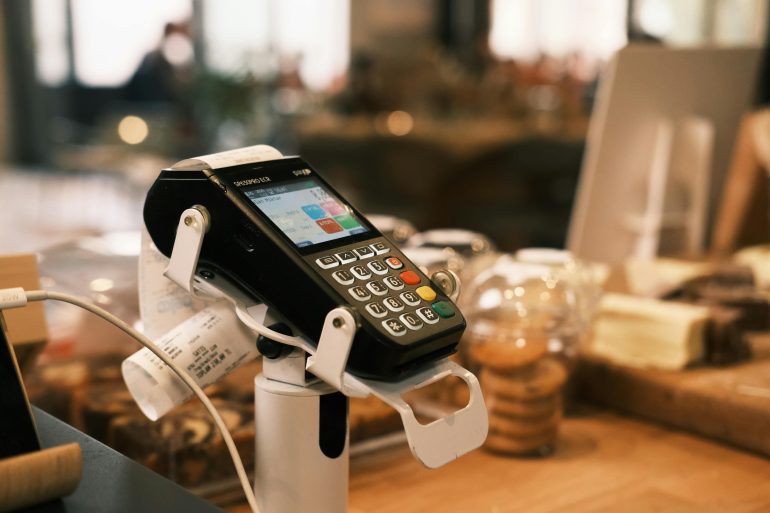Paraguay’s Chamber of Deputies has approved transformative legislation that gives the Central Bank authority to lead a payment revolution. The new law aims to break up market concentration, and welcome international operators such as PayPal.
The National Payment System law makes the Central Bank of Paraguay (BCP) the main regulator of electronic transactions. This addresses years of uncontrolled growth that has left consumers with limited options and high costs.
New payment law
BCP president Carlos Carvallo describes Paraguay’s payment current ecosystem as “a fragmented system, with many islands that do not interconnect.” Carvallo emphasised that the new law seeks to establish “interoperability, transparency and competition” in a market that has evolved without proper oversight.
Minister of Economy Carlos Fernández Valdovinos defended the Central Bank’s selection as regulator, stating it is “one of the most credible institutions in the country, with demonstrated discipline and professionalism.”
“Breaking three-player dominance”
The current payment system faces challenges due to significant market concentration, with three main players controlling most transactions; Bancard, Dinelco, and EFSA. This dynamic creates hurdles for consumers and businesses, particularly small and medium enterprises, but also presents opportunities for innovation and greater competition.
Fernández Valdovinos explained that merchants often cannot choose where payments are credited: “If you want to work with a particular POS terminal, the payment can only be credited to accounts owned by that terminal’s bank.”
This market structure has prevented international payment companies from entering Paraguay. The Economy Minister specifically mentioned that “this is the reason why PayPal does not come to Paraguay, as the conditions are not right.” The new regulatory framework could attract new market participants.
Addressing “decades of underregulated growth”
Paraguay’s payment landscape has transformed dramatically, with traditional cash transactions giving way to diverse electronic alternatives including credit and debit cards, SIPAP bank transfers and QR code payments.
Fernández Valdovinos noted that “the use of cash has decreased enormously” as electronic payment methods multiplied, though this evolution occurred “almost without any type of regulation.” The lack of oversight has resulted in what Carvallo describes as “inefficiencies, lack of cost transparency and limited competition.”
“Protecting small businesses, and consumers”
The legislation aims to address high transaction costs that particularly affect small businesses. The Economy Minister explained that “the fact that payment methods have excessive costs affects the competitiveness of SMEs (Small and Medium Enterprises).”
The new payment law is expected to create more accessible financial conditions. These would encourage small businesses to adopt electronic payment systems without harming their profit margins.
The regulatory framework also promises to unify POS terminals, eliminating the current requirement for merchants to maintain separate terminals from different banks. This consolidation could significantly reduce operational costs for businesses across Paraguay.
The road ahead
Following approval by the Chamber of Deputies, the legislation now moves to the Executive Branch for presidential consideration, where it will either be enacted into law, or face potential veto. The National System of Payments (Sistema Nacional de Pagos) law represents a significant shift in Paraguay’s financial landscape.
By establishing clear regulatory oversight and promoting competition, the legislation could attract international payment companies. This would provide consumers with more choice and better pricing. As the BCP prepares to implement its new regulatory role, the country stands at the threshold of a digital payment revolution.
This past year electronic transactions in Paraguay already rocketed 125% through a Central Bank programme.


